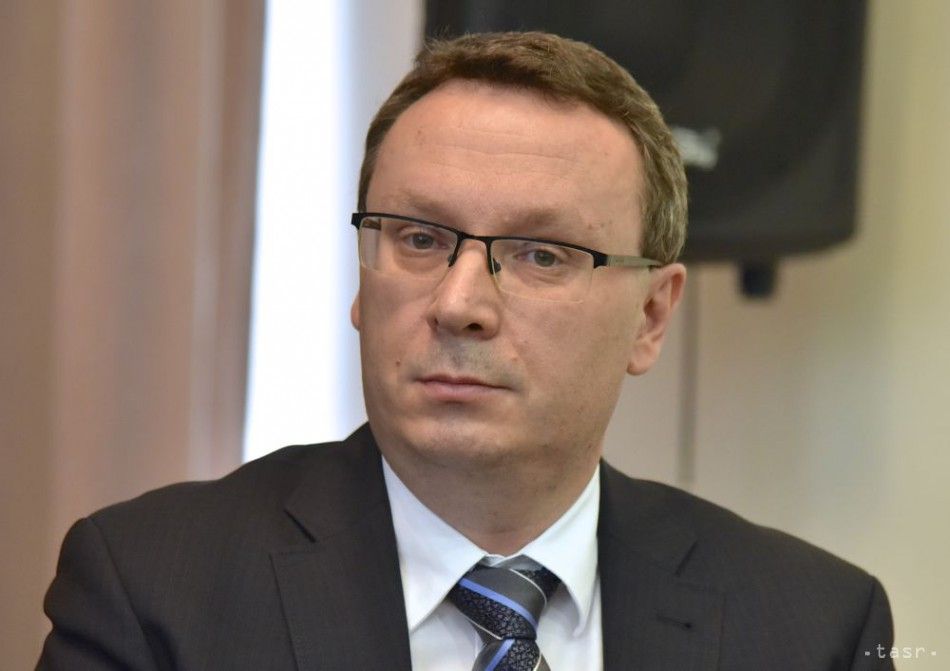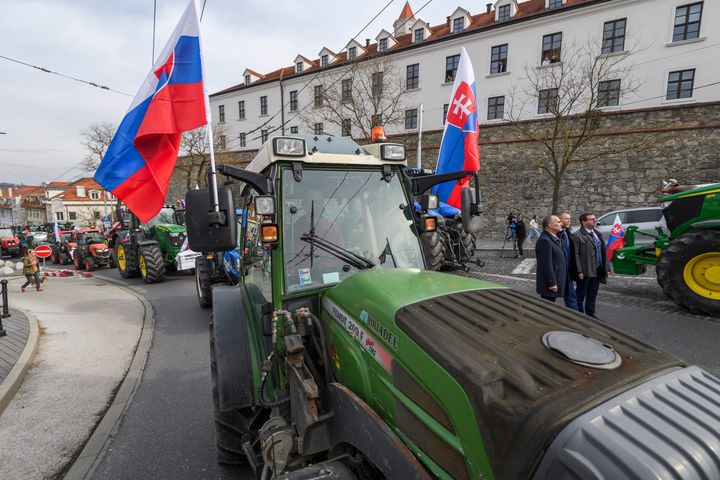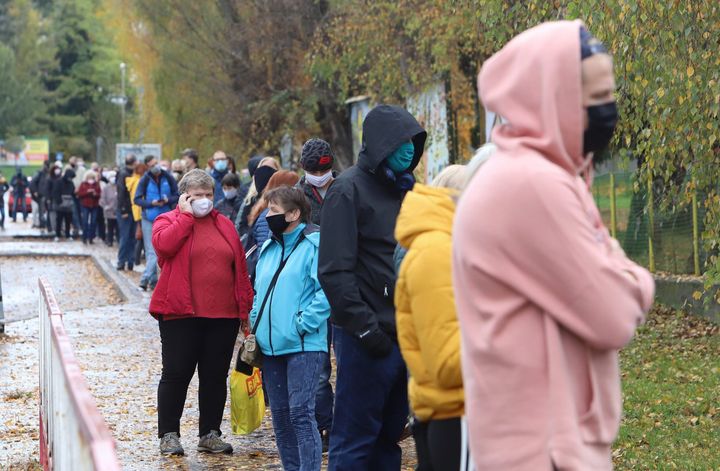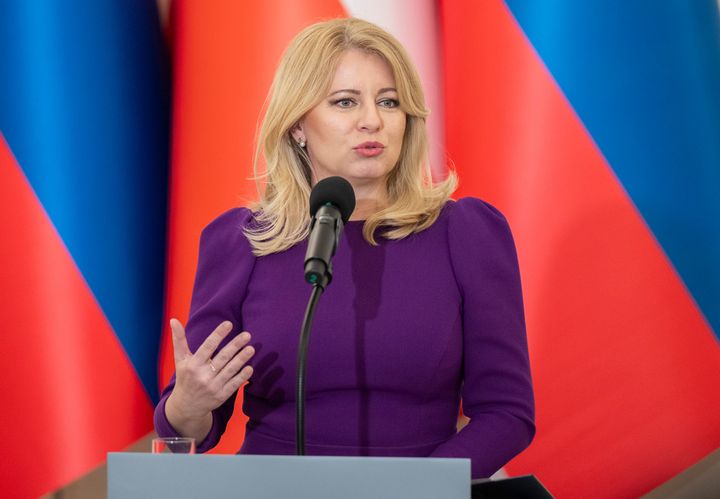SNS Wants Parlíament to Reject UN Global Migration Compact

Bratislava, November 7 (TASR) – The Slovak National Party (SNS) caucus has proposed that Parliament should adopt a resolution via which Slovakia would refuse to contribute to the UN Global Compact for Migration and refuse to give its consent to it, SNS caucus head Tibor Bernatak told a news conference in Bratislava on Wednesday.
SNS pointed to risks stemming from the compact, urging not only the Foreign and European Affairs Ministry but also its coalition partners and other political parties to take note of them, said SNS first vice-chairman Jaroslav Paska.
Paska noted that a discussion on adopting the UN Global Migration Compact is currently beginning. “The document contains over 100 commitments for member states that join it. If any country commits itself to join the compact, it should fulfil them,” stated Paska, adding that SNS views the document as controversial.
Paska stressed that great care must be taken as to whether Slovakia should sign up to this document. According to Bernatak, the compact “pretends to be a non-committal document, but it introduces various ways of implementing and subsequently evaluating its meeting”. He believes that the creation of a migration network is one of the document’s goals.
Foreign and European Affairs Minister Miroslav Lajcak (a Smer-SD nominee) said last week that the compact is a political document that doesn’t coerce any country into anything, with migration policies remaining the sovereign right of all countries. The minister therefore called for a constructive discussion without misinformation. “Let’s discuss this document as you wish, but we should debate its content and meaning, not things that aren’t included – for example, an alleged commitment to receive a certain number of migrants, who should allegedly receive hundreds of euros per month. There’s nothing as far from the truth as the fallacies spread actively by some people,” said Lajcak, adding that the document neither describes migration as a human right, nor removes the differences between legal and illegal migration.
Prime Minister Peter Pellegrini (Smer-SD) has assured the public that his Government won’t change its stance on migration and won’t do anything that could in any way undermine the country’s security and sovereignty, either.
A total of 193 UN-member states agreed to adopt the migration compact in September 2016. Work on its wording was launched in April 2017. The main goal of the 34-page document is to help better organise migration flows and strengthen migrants’ rights.
Meanwhile, Australia, Austria, Hungary and the USA have already announced their withdrawal from the compact, with Czech Prime Minister Andrej Babis and Polish PM Mateusz Morawiecki recommending the same for their respective countries.



